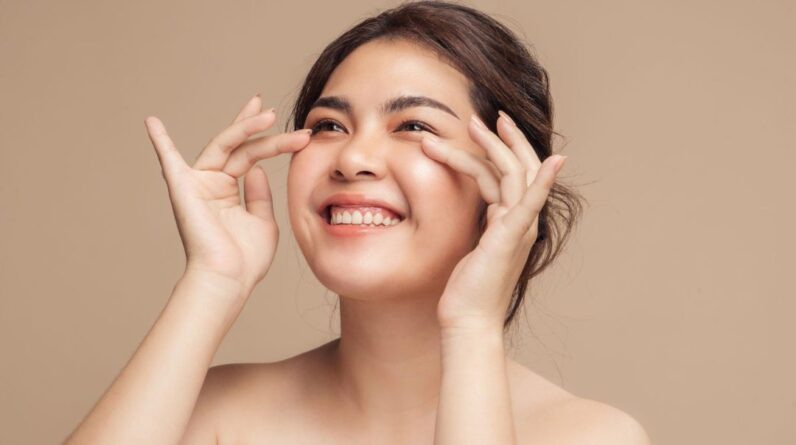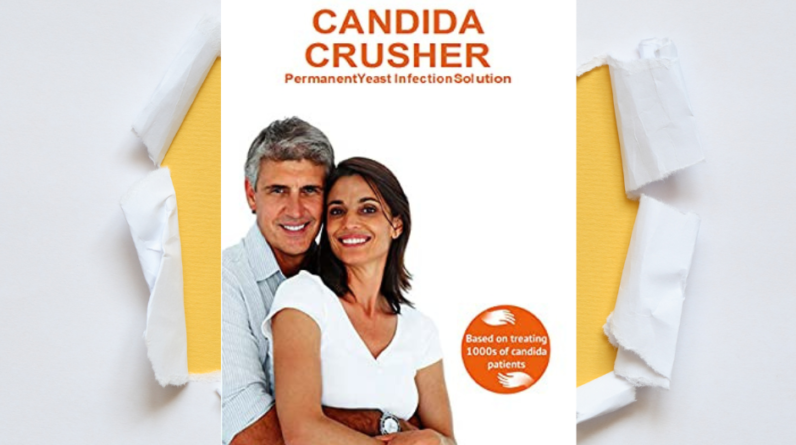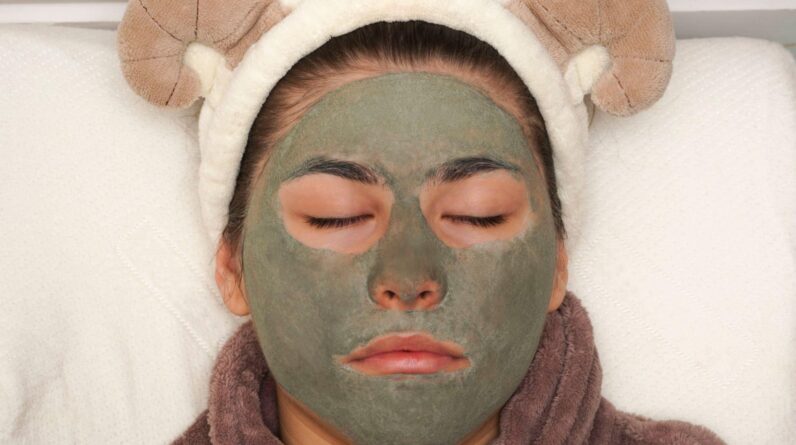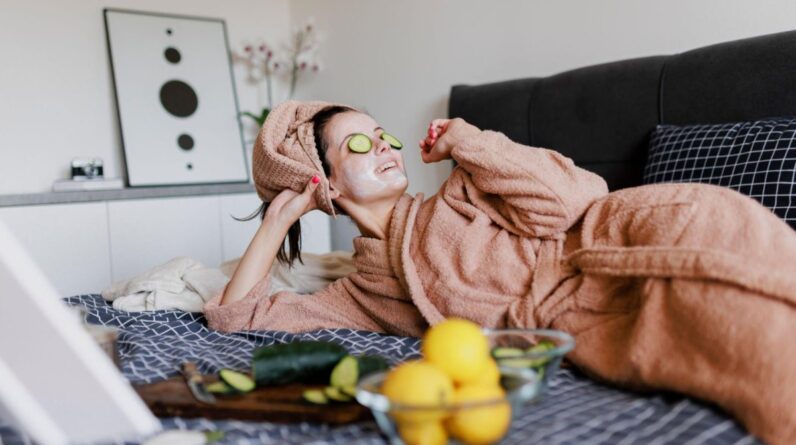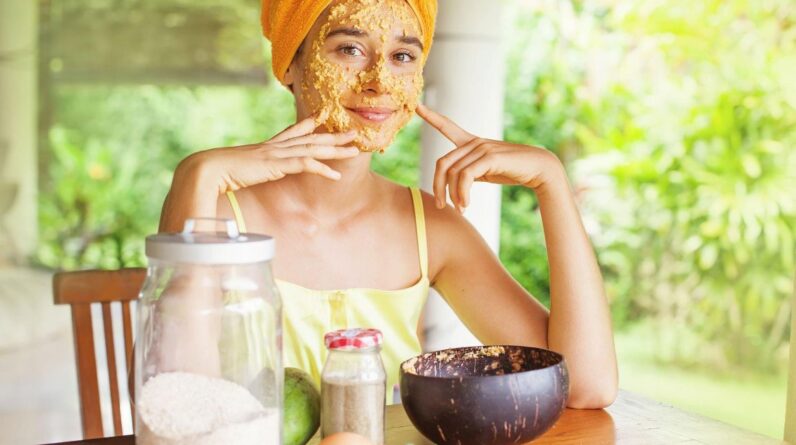
Acne is a common skin condition that affects millions of people worldwide. It occurs when hair follicles become clogged with oil and dead skin cells, leading to the formation of pimples, blackheads, and whiteheads. While acne is most commonly associated with adolescence, it can affect people of all ages.
Fortunately, there are many effective acne treatments and remedies available. In this article, we will explore the dermatologists’ recommendations, various acne treatments and remedies, and natural treatments that can help you get rid of acne and achieve clear, healthy-looking skin.
Dermatologists’ Recommendations for Acne Treatment
Dermatologists are medical experts who specialize in diagnosing and treating skin conditions. If you have severe or persistent acne, it is important to consult with a dermatologist who can help you develop an effective treatment plan. Here are some common recommendations that dermatologists may offer for acne treatment:
Topical treatments
Topical treatments are medications that are applied directly to the skin. These treatments may include retinoids, antibiotics, or benzoyl peroxide. Topical treatments work by reducing inflammation, killing bacteria, and unclogging pores.
Oral medications
In some cases, dermatologists may prescribe oral medications such as antibiotics, hormonal therapy, or isotretinoin (Accutane) to treat acne. These medications work by reducing inflammation, killing bacteria, and regulating hormones that can contribute to acne.
Chemical peels
Chemical peels are a cosmetic treatment that involves applying a chemical solution to the skin to remove dead skin cells and unclog pores. Chemical peels can help reduce acne scarring and improve skin texture.
Light therapy
Light therapy involves exposing the skin to specific wavelengths of light to kill acne-causing bacteria and reduce inflammation. Light therapy is a non-invasive treatment that can be effective for mild to moderate acne.
Extraction
In some cases, dermatologists may perform extractions to remove blackheads and whiteheads from the skin. This is a minor procedure that involves using a small tool to gently remove the clogged pore.
Acne Treatments and Remedies
In addition to the dermatologists’ recommendations, there are many over-the-counter acne treatments and home remedies that can help improve acne symptoms. Here are some common acne treatments and remedies:
Cleansers
Using a gentle cleanser to wash your face twice a day can help remove excess oil and unclog pores. Look for cleansers that contain salicylic acid or benzoyl peroxide, which can help reduce acne.
Moisturizers
Using a non-comedogenic moisturizer can help keep your skin hydrated without clogging pores. Look for moisturizers that contain ingredients like hyaluronic acid or glycerin.
Exfoliators
Using an exfoliator once or twice a week can help remove dead skin cells and unclog pores. Look for exfoliators that contain alpha-hydroxy acids (AHAs) or beta-hydroxy acids (BHAs), which can help reduce acne.
Spot treatments
Applying a spot treatment to individual pimples can help reduce inflammation and speed up healing. Look for spot treatments that contain ingredients like salicylic acid or benzoyl peroxide.
Face masks
Using a face mask once a week can help deep clean pores and reduce acne. Look for masks that contain ingredients like clay or sulfur, which can help absorb excess oil and unclog pores.
Natural Remedies for Acne that Actually Work
While over-the-counter treatments and home remedies can be effective for acne, some people prefer to use natural remedies. Here are some natural remedies for acne that actually work:
Tea tree oil
Tea tree oil is a natural anti-inflammatory and antimicrobial agent that can help reduce acne. It works by killing bacteria and reducing inflammation. To use tea tree oil as a natural acne treatment, dilute it with a carrier oil like coconut oil and apply it to the affected area. You can also find over-the-counter products like cleansers, toners, and spot treatments that contain tea tree oil.
Honey
Honey is a natural antibacterial agent that can help reduce acne. It works by killing bacteria and reducing inflammation. To use honey as a natural acne treatment, apply a small amount of raw honey to the affected area and leave it on for 10-15 minutes before rinsing off with warm water.
Aloe vera
Aloe vera is a natural anti-inflammatory and antibacterial agent that can help reduce acne. It works by reducing inflammation and soothing irritated skin. To use aloe vera as a natural acne treatment, apply a small amount of aloe vera gel to the affected area and leave it on for 10-15 minutes before rinsing off with warm water.
Green tea
Green tea is a natural anti-inflammatory agent that can help reduce acne. It works by reducing inflammation and fighting bacteria. To use green tea as a natural acne treatment, brew a cup of green tea and let it cool. Then apply the cooled tea to the affected area with a cotton ball.
Zinc
Zinc is a mineral that can help reduce acne. It works by reducing inflammation and regulating the production of oil in the skin. To use zinc as a natural acne treatment, take a zinc supplement or eat foods that are rich in zinc, such as oysters, beef, and pumpkin seeds.
Conclusion
Acne can be a frustrating and sometimes painful condition, but there are many effective treatments and remedies available. If you have severe or persistent acne, it is important to consult with a dermatologist who can help you develop an effective treatment plan. In addition to the dermatologists’ recommendations, there are many over-the-counter acne treatments and home remedies that can help improve acne symptoms. Some people also prefer to use natural remedies for acne, such as tea tree oil, honey, aloe vera, green tea, and zinc. Whatever treatment option you choose, remember to be patient and consistent in your approach. With the right treatment and care, you can achieve clear, healthy-looking skin.


